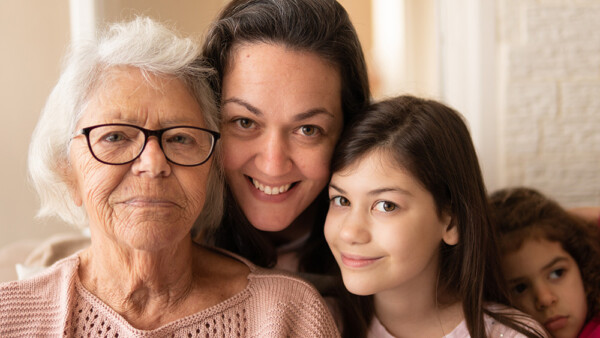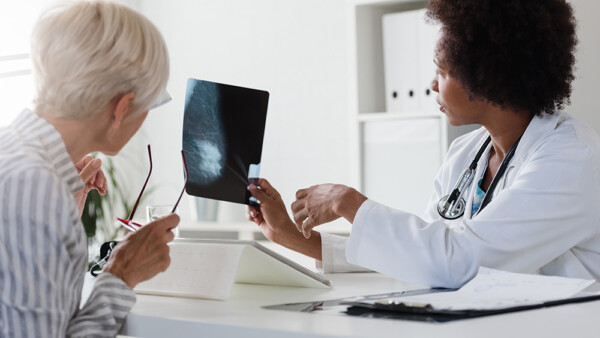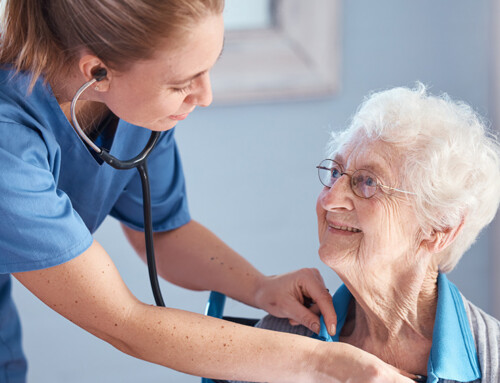
Note: This is for informational purposes and should not be mistaken for medical advice. Please consult a physician or other medical professional or specialist for all health matters.
Mammogram screening guidelines have evolved over the years, sparking debates and discussions among healthcare professionals.
Are mammograms just another routine medical test, or do they hold a special significance, especially as we age? In this blog post, we’ll delve into a topic that affects millions of women across the world, beginning by asking a question that might have crossed your mind: Are mammograms needed for older women?

Understanding the Risk:
Breast cancer is the most common cancer in women in the United States, aside from skin cancers. It causes 30% of all new cases of female cancer each year. In fact, one in every eight women may develop breast cancer over their lifetime, and early detection improves survival rates significantly, emphasizing the need for prevention and early detection.
It is recommended that women begin regular mammograms around the age of 40, as women under 40 have a lower risk of developing breast cancer. In the U.S., only 4 percent of breast cancer cases occur in women younger than 40, and family history and other factors play a role in those cases. Some guidelines suggest that women aged 55 and older can switch to biennial mammograms if desired, and women over 75 may opt to forgo screenings altogether. However, these recommendations warrant a closer look.
You may be surprised to learn that the median age for breast cancer diagnosis is 63, meaning that half of all women with breast cancer are diagnosed after this age and nearly 20% of breast cancer diagnoses in the U.S. occur in women over the age of 75. Age is a significant risk factor for breast cancer, with the risk steadily increasing after the age of 40 and peaking in women over 70. As women age, their cells are more likely to undergo abnormal changes, heightening their risk of developing cancer.
Factors such as dense breast tissue can further complicate matters, making tumors harder to detect on mammograms and lumps more challenging to feel. Moreover, personal or family histories of breast or ovarian cancer significantly increases the chances of developing breast cancer, regardless of age.
The Importance of Mammograms:
Mammograms remain the single most effective tool for early breast cancer detection. They can reveal changes in breast tissue up to three years before they can be felt or identified by a physician. Moreover, as women age, their potential benefits from mammography screenings increase significantly.
Studies have shown that women between the ages of 60-69 who undergo regular mammograms have a 33 percent lower risk of dying from breast cancer compared to those who do not. Regrettably, despite the clear benefits of regular mammograms for older women, many women cease getting screenings as they age. If you’re in this category and haven’t been receiving your annual mammogram, you may wish to reconsider and speak with your healthcare provider about continued screenings. Breast cancer does not discriminate by age – early detection remains key to successful treatment
Regular screenings and doctor’s appointments are of paramount importance, especially as we age. They serve as a crucial line of defense in safeguarding our health and detecting potential issues early. For seniors, this becomes even more critical. Senior living communities can play a pivotal role in helping older adults maintain their regular medical appointments. These communities often provide on-site healthcare services and assistance, ensuring that residents stay on top of their check-ups and screenings.
This level of support can be invaluable in monitoring changes in health, such as fluctuations in weight or other concerning signs. Moreover, senior living communities encourage seniors to prioritize their well-being, creating an environment where healthcare remains a top priority. Regular screenings and appointments, combined with the support and social engagement offered in senior living, can significantly enhance our seniors’ overall health and quality of life.
So, should you continue screening mammograms as you age? The decision is personal. If you’re wondering about the necessity of mammograms as you age, we highly suggest you speak with your doctor about the possible benefits of continued breast cancer screening.



